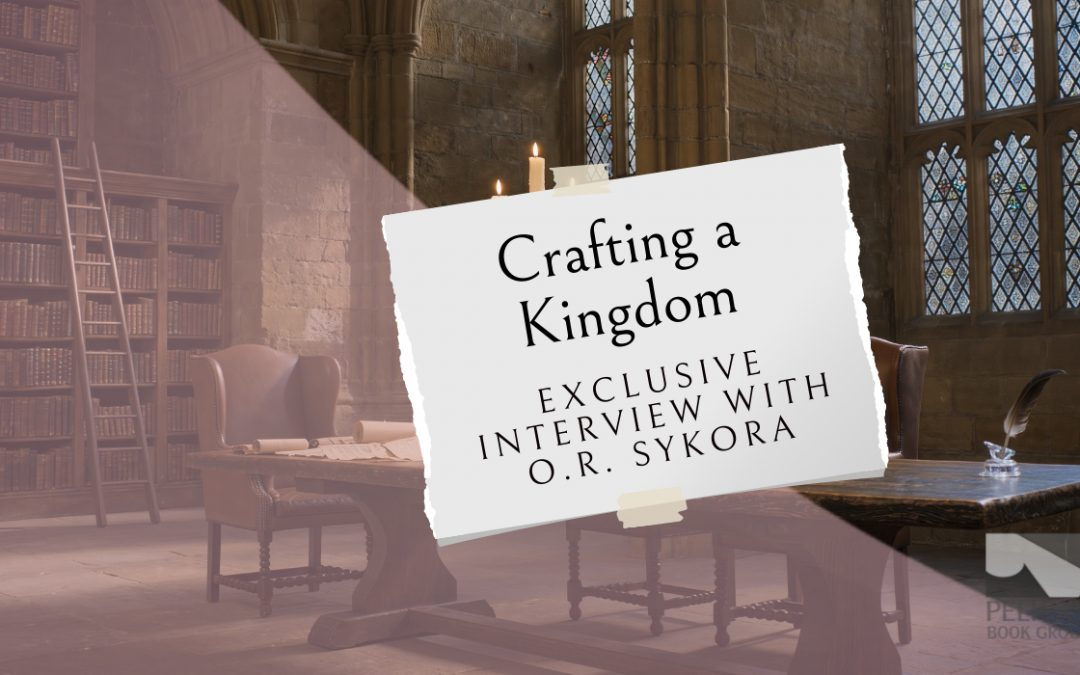Have you ever heard someone sing or play a song using the wrong timing or using some wrong notes? You recognize the song, even through the flaw, but the faulty rhythm is disturbing, and listening becomes an irritation rather than a joy. When the flow is off, the beauty of the music is lost. It’s the same with writing a novel. Sentence structure and verbiage are important pieces in bringing the reading experience to its full potential. The plot can be rock-solid, the characterization impeccable, the hero and heroine the type of people you root for and want to get to know, but if the cadence of the story doesn’t flow properly, it creates a niggling in the back of the mind that constantly pulls the reader out of the story.
So, what can be done to fix it? I’m sure many of you have heard the advice, “make sure you don’t have too many short sentences in a row.” (Or long ones.) And, you’ve probably been told, “If you want to pick up the pace, use short sentences.” This is all true, and it’s all part of the cadence, but there’s more to look at than just sentence length and/or how often long/short sentence appear in a row.
Paragraph length, even the number of syllables in a sentence—or how those syllables are arranged—vocabulary, and word choice, impact how a story is read. Yes, if you want a fast pace, shorter sentences create a sense of urgency and speed, but don’t forget to look at the actual words in those sentences. How are they arranged? Do they roll off the tongue (or mind) easily? Just as rhythm and meter affect music and poetry, so they do prose.
When editing for cadence, check the flow of the syllables, sentences and paragraphs. If your sentence reads with a flow of “da—ta—da—dada—ta—da—?“ what is the next logical and rhythmic step? I’ll bet the majority of you did not say, “dada.”
When your structure is out of the natural timing that the reader’s ear expects, he/she will be thrown out of the story.
“Roses are red, violets are blue. I love to write, and I know you do, also.”
Admit it, you thought, “too.” The words “also” and “too” mean the same thing. The sentence conveys exactly what it would if I had written, “Roses are red, violets are blue. I love to write, and I know you do, too.” But the mind doesn’t like “also” as much as “too” in this instance because it’s waiting for the rhyme. We’ve heard the “roses are red…” thing so often, we balk at something that sounds different. Now, don’t misunderstand me; I’m not saying your sentences should rhyme, but read your work and get a feel for how it flows. At any given place, is there an instance where you think the sentence should end, but it goes on for one or two words more? Or vice-versa. Perhaps you have a sentence that ends.
…when it really should go on.
So, if you end that rhythmic phrase with a “dada” when it should be a “da,” reword or rearrange the sentences. If you really want to end with that “dada” because it creates a great hook, then change the cadence of your paragraph, so that by the time the reader gets to that final “dada,” they are ready for it.




Elizabeth: It really is amazing how little things make a difference. Reading aloud does help–even if you use a text-to-speech computer voice. It won't pronounce all the words correctly, or get all the inflections right, but it does help.
I did a pitch workshop once and, I thought, had the ideal pitch. The spelling was perfect, the grammar good, and all the necessary information included.
Then I came to the next step: Read aloud until you know it by heart. EEK!
It was awkward, disjointed, and not good at all.
I rewrote it. Same words—different arrangement—far more natural results.
I already read my dialogue aloud, but perhaps I should do the same thing for the entire manuscript!